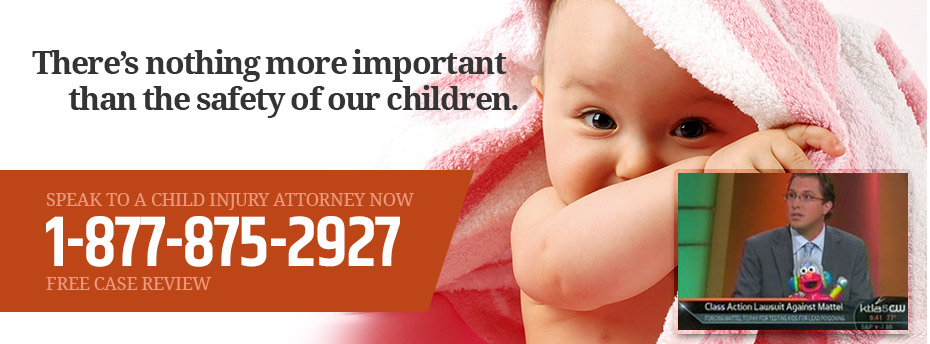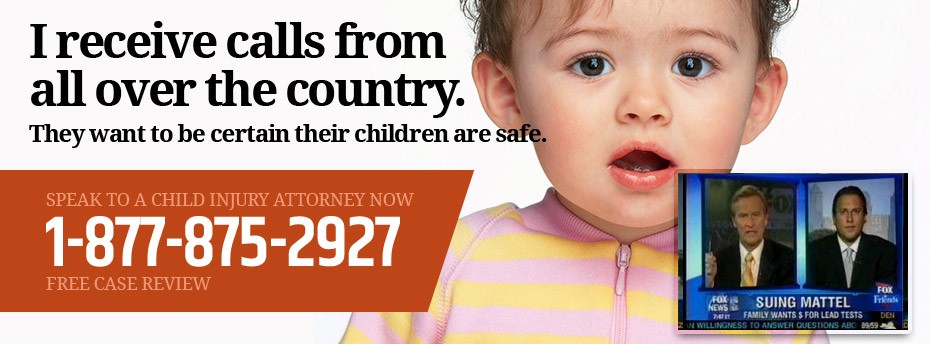Summer pool season is upon us. A midst the fun, though, we should remain mindful that the pool can be a dangerous area and must be treated with proper respect and precaution.
What can a consumer do to protect his children on a swimming outing? The very first step to water safety is becoming informed about the risks, prevention, and treatment of various water-related injuries.
Fun is the primary purpose for a trip to the pool, but it is imperative that children learn how to handle themselves around water. Swimming lessons are widely available at government agencies and the local YMCA, and provide another layer of protection from drowning. If your child has been exposed to water before, he/she is less likely to panic in an unfamiliar pool situation. You can help by providing a good example for your child and learning to swim yourself.
Studies show that children who know how to swim are only 10% as likely to be seriously hurt or killed compared with non-swimmers. Statistics also show that over 250 kids aged four and under die every year in water accidents. Thus, lessons are beneficial as early as possible.
Make sure the pool or beach you attend has designated areas for different level of swimming skill, as well as first aid equipment readily available. There are governmental recommendations regulating these precautions, but it doesn’t hurt to double check on the signage at your local swimming area. When the kids are in the water, make sure they wear buoyant clothing or flotation aids. Even the best young swimmers are likely to get tired and need assistance.
A responsible parent should be actively supervising kids at the pool. We are often tempted to lose focus while our children are having fun in a seemingly safe large group of people, but a split second of divided attention can mean the difference between an unfortunate accident and a near-miss. It is best to avoid distractions and only visit the pool when you can devote full attention to your child, and make sure you are able to call for help if something does happen.
Parents should know that the most dangerous part of a pool is the drain. These areas, which cycle water throughout the pool, can create powerful waves and pressure frequently lead to injury. Inspect the coverings of these areas to make sure small limbs, hair, or parts of the body are not likely to get stuck in them, and forbid your child from frequenting the area of the pool.
Though water safety is a serious topic, the right precautions and guidelines can allow for hundreds of hours of summer enjoyment for the whole family.
Child suffers brain injury in swimming pool accident
A local toddler, Cody Campbell, was the victim of a tragic pool accident this Thursday. The incident happened when the boy’s mother became distracted and lost track of the child. The woman eventually found him floating in the swimming pool outside the family’s home.
Authorities maintain that this was an unfortunate accident without any other motives.
Emergency responders attempted to revive the boy on the way to Maine General hospital, and he was later transported by helicopter for more focused treatment.
The boy’s heart was beating but doctors were not able to measure any activity in his brain. His mother had attempted to resuscitate him originally at the scene, but was not successful.
If your child has suffered an accident in or around a swimming pool due to another party’s negligence, contact child injury lawyer Jeffrey Killino.





